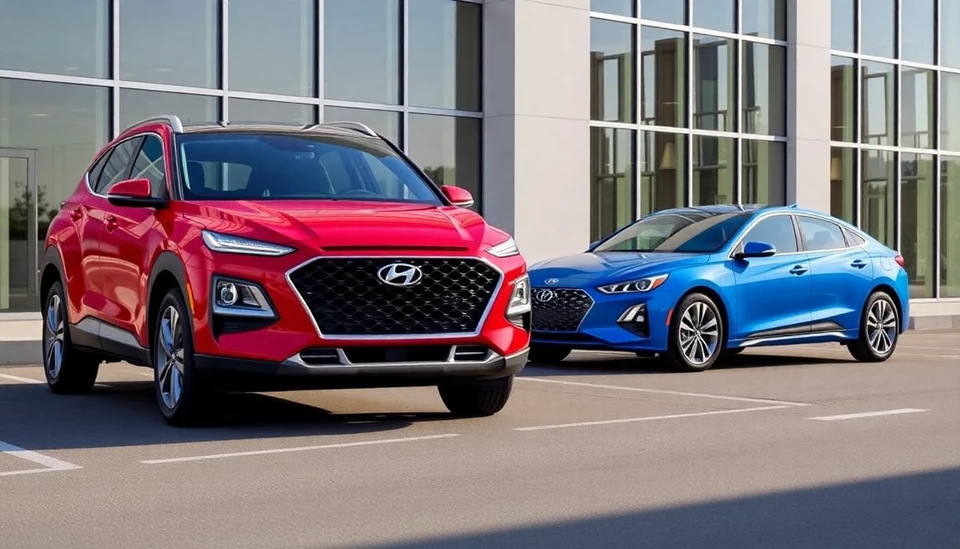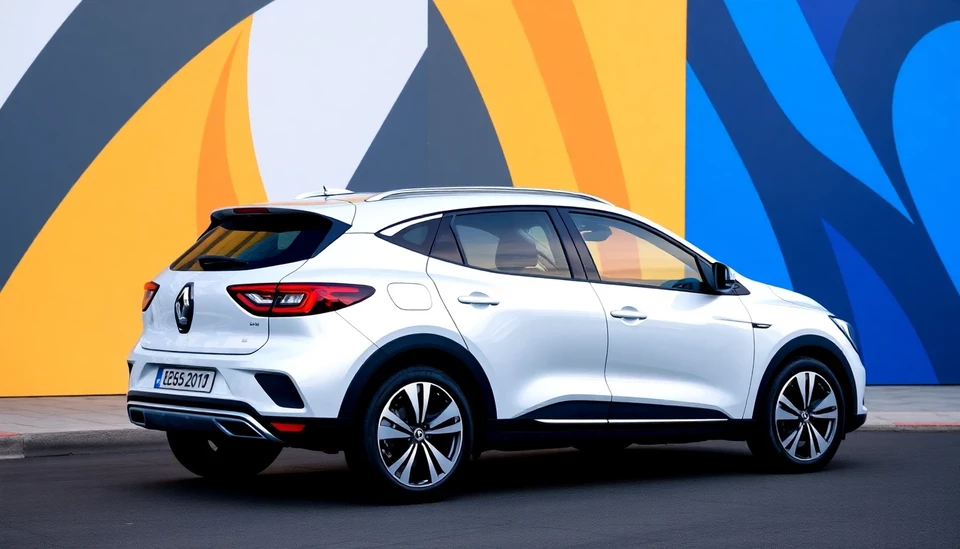
In a significant development for the electric vehicle (EV) market, the prices of battery packs have dropped drastically, marking the largest decline since 2017. As demand for electric vehicles continues to surge, this unprecedented price reduction is expected to have a far-reaching impact on the automotive industry, making EVs more accessible to a wider range of consumers.
According to recent data, battery pack costs have fallen to an average of $137 per kilowatt-hour (kWh) in 2023, a substantial decrease from the previous year. This shift is attributed to various factors, including advancements in battery technology, economies of scale achieved through increased production, and a competitive market landscape pushing manufacturers to lower prices. The decrease in costs has sparked optimism among industry experts, who foresee a robust growth trajectory for electric vehicles as a result.
The implications of this price drop are manifold. For one, lower battery costs can lead to more affordable EVs, which are crucial for penetrating mainstream markets. As manufacturers can offer vehicles at a lower price point while maintaining profit margins, this can attract a broader customer base. Additionally, the declining prices will likely accelerate the adoption of electric vehicles, aligning with global efforts to combat climate change and reduce carbon emissions.
Experts suggest that the price of batteries will continue to decline in the coming years, driven by ongoing innovations and a shift towards more sustainable materials. The move towards fast-charging technologies and solid-state batteries is anticipated to play a vital role in further reducing costs and enhancing the performance of EVs. Moreover, as more automakers expand their electric offerings, competition in the battery supply chain is expected to intensify, promoting even greater cost efficiencies.
This momentous change could also influence policy decisions worldwide, as governments are increasingly incentivizing electric vehicle adoption. With reduced costs in the battery sector, the overall cost associated with transitioning to electric vehicles decreases, making it an appealing option for both consumers and policymakers alike.
In summary, the dramatic drop in electric vehicle battery pack prices unveils new possibilities for the automotive industry at large. The ongoing evolution in battery technologies and manufacturing processes points to a brighter, more accessible future for electric mobility, a significant win for environmental initiatives and consumer interests alike.
As the industry navigates these changes, stakeholders are encouraged to keep a close watch on the market trends and emerging technologies that could shape the direction of electric vehicles in the coming years.
#ElectricVehicles #EVs #BatteryTechnology #PriceDrop #SustainableTransport #Innovation #ClimateChange #AutoIndustry
Author: Sophie Bennett




